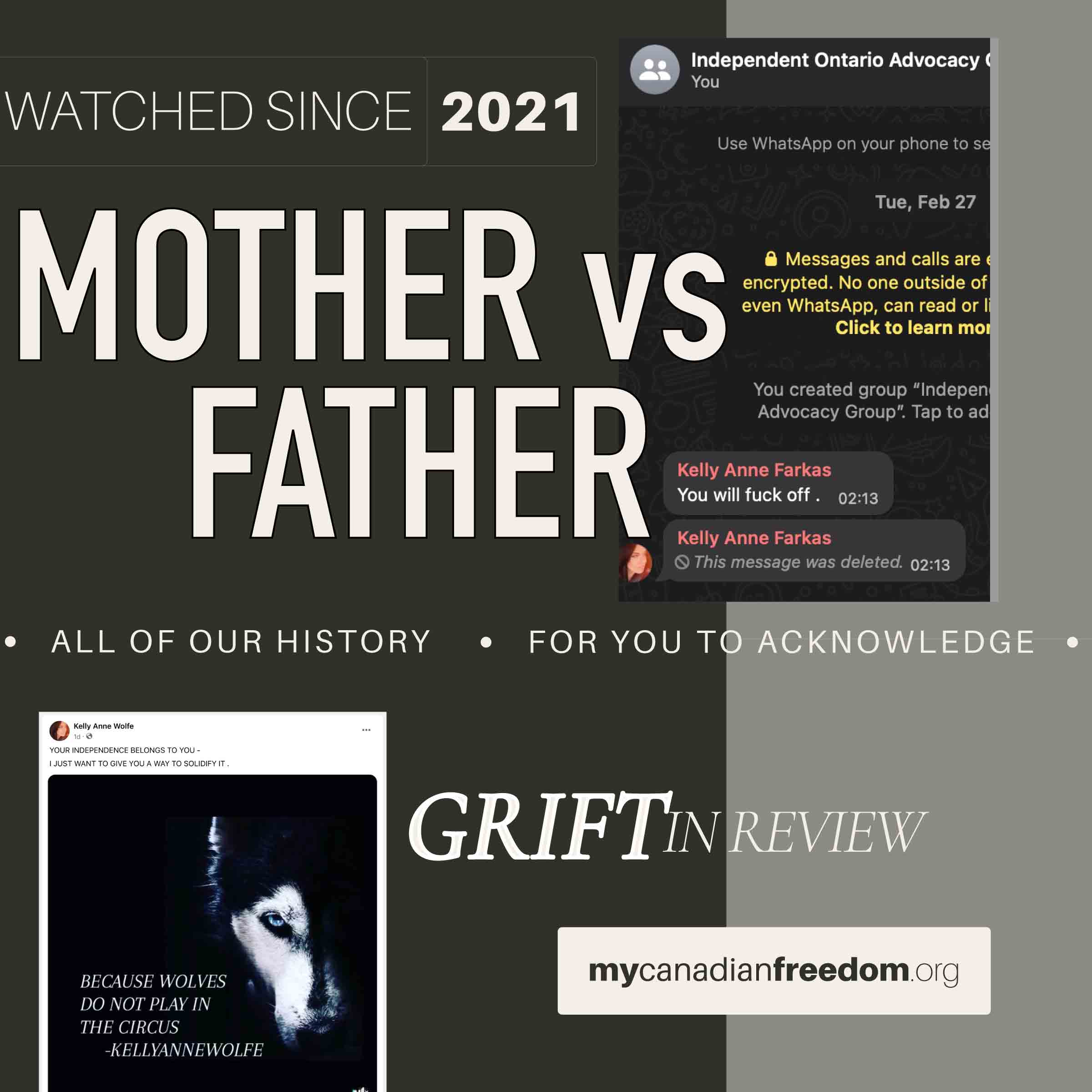It wasn't your fault but please GTFU with us, or GTFO of our lane.
Child Sexual Abuse:
A Common Secret
There are many obstacles in the way of a victim being able to disclose.
Posted May 14, 2024
Reviewed by Abigail Fagan
Childhood sexual abuse is still a commonly held secret in the world today. In spite of major public awareness programs informing us about how prevalent the problem is, educational programs encouraging children to come forward to disclose the abuse, and mandatory reporting laws in some countries, most people prefer to continue to sweep the secret of child sexual abuse under the rug so they don’t have to deal with it. Unfortunately, according to the Department of Justice, 86% of child sexual abuse goes unreported.
Why are perpetrators of child sexual abuse still getting away with it on such a large scale?
The primary answer is—because they can. The truth is, unless more victims begin to tell, the problem will continue. It is only through silence that abusers are allowed to continue and only through exposure that they will be stopped.
Obstacles to Disclosing Abuse
It is sad to say that there are thousands of former victims of childhood sexual abuse who have never told anyone they were victimized and who have never reached out for the help they so desperately need. The reasons?
Helplessness. Some victims are in situations where they feel trapped with nowhere to turn. Many are dependent on the very person who is abusing them since most victims of child sexual abuse are victimized by a family member. Some are surrounded by people who they are convinced would never believe them or support them even if they did tell.
Fear: Fear is also a significant reason why victims don’t tell. Many perpetrators threaten to harm the child, or the child’s family members, or their pets. Some go as far as to threaten to kill the child if he or she were to tell. Other perpetrators threaten to tell everyone that it was the child or adolescent who seduced them. Still other perpetrators convince the child that if they tell it will break up the family, or it will devastate their mother. Some children come to believe that if they tell, the perpetrator will go to jail. Others are convinced that no one would believe them if they did tell. Even years later, when they have become adults themselves, many former victims dare not risk confiding in someone about what happened to them when they were a child. They are afraid of being judged, not being believed, or in the case of males who were victimized, being seen as less of a man.
Shame: Shame is also a major obstacle to a former victim disclosing their abuse. Childhood sexual abuse creates great shame in victims—both males and females. There is the shame that is created any time a person is abused, since the act of victimization causes a person to feel helpless and this helplessness creates a feeling of humiliation—which leads to shame. There is the shame that comes when a child’s body is invaded in such an intimate way. There is the shame associated with being involved with something that the child knows is taboo, or as many children describe it, doing something that makes them feel “icky.” There is the shame that comes from being told they must keep a secret—even from those they love the most. There is the shame that comes over a child when their body “betrays” them by responding to the touch of the perpetrator. And finally, there is the shame that comes when a perpetrator projects his or her shame onto the child.
Males, in particular, experience a great deal of shame surrounding sexual abuse. Most males feel shame due to the fact that they “allowed” someone to victimize them since boys are raised to be “tough and strong” and never be seen as weak.
Confusion: Children often lack the knowledge needed to recognize sexual abuse (children are often told by the perpetrator that he is “teaching them” about sex). They also often lack the ability to articulate that they have been abused.
As an adult, the secret of child sexual abuse is especially shaming. It can make you feel like there is something radically wrong with you—that you are inferior or worthless. You don’t want to look other people in the eye for fear that they will discover who you really are and what you have done. You don’t want people to get too close for fear of them finding out your dark secret. And to make matters worse, carrying around this secret isolates you from other people. It makes you feel different from others. It makes you feel alone.
But the truth is, you are not alone. Delayed disclosure is common for survivors. In fact, most wait years before disclosing child sexual abuse. Surprisingly, the average age at the time of reporting child sexual abuse is about 52 years old.
There is already a tremendous amount of darkness connected to child sexual abuse—the clandestine, sinister way it is accomplished, the manipulation and dishonesty surrounding it, the lies and deception used to keep it a secret, the darkness and pain surrounding the violation of a child’s most intimate parts of their body. Most especially, there is the darkness child sexual abuse brings into a child’s life, a lifetime of pain, anguish, fear and shame. Keeping the abuse a secret adds darkness to an already dark and sinister act.
Most important, when you don’t share the secret of child sexual abuse you don’t have the opportunity to receive the support, understanding and healing you so deserve. You continue to feel alone and to blame yourself. Keeping abuse a secret creates a toxic environment that breeds shame, self-blame and even self-loathing. When secrecy exists your pain has to be borne alone. This isolation compounds the pain and confusion and shame caused by the abuse.
If you have been holding the secret of child sexual abuse your first step may be to report your abuse anonymously to the National Sexual Assault Online Hotline at Rainn or call the Hotline at (800) 656-4673. Find a therapist in the Psychology Today Therapy Directory.




Comments